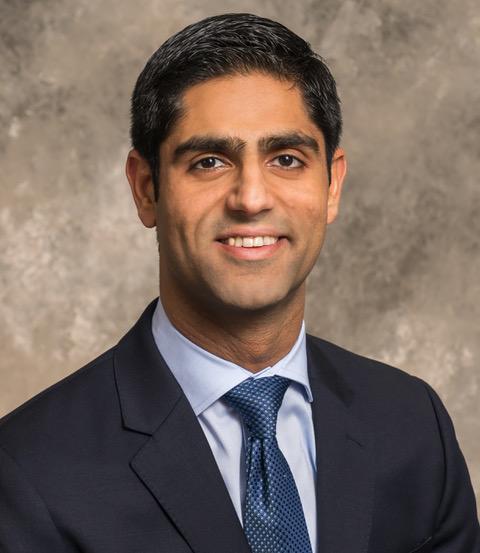UT Southwestern determines heart failure patients not at increased risk

Credit: UTSW
DALLAS – Jan. 15, 2020 – A UT Southwestern study is challenging concerns that a federal health policy enacted in 2012 to reduce hospital readmissions leaves patients more vulnerable.
The researchers, whose findings published today in BMJ, poured over nine years’ worth of Medicare claims data to report on outcomes of patients who received care in observation units and emergency departments in the 30-day period following hospitalization.
The investigation by UT Southwestern cardiology experts was motivated by a rise in post-hospitalization deaths among heart failure and pneumonia patients targeted in the Hospital Readmissions Reduction Program (HRRP). The program reduces payments to hospitals with excess readmissions.
“Our research results were reassuring. We found that although the use of observation units and the emergency department as avenues of care in the post-hospitalization period has increased in recent years, there was no increase in mortality risk in these settings,” says Rohan Khera, M.D., a cardiology fellow at UT Southwestern and lead author for the study.
Khera and his team analyzed inpatient and outpatient Medicare claims from 2008-16. This time frame spanned the announcement and implementation of the HRRP.
During that period, there were 3.7 million hospital admissions for heart failure, 1.6 million hospitalizations for myocardial infarction, and more than 3.2 million for pneumonia among Medicare beneficiaries 65 years of age and older.
The overall post-discharge 30-day mortality rate was 8.7 percent for heart failure, 7.3 percent for acute myocardial infarction, and 8.4 percent for pneumonia.
Patients with heart failure, but not those with acute myocardial infarction or pneumonia, experienced an increase in post-discharge 30-day mortality; however, researchers say this increase preceded the announcement of the program and was concentrated among patients who sought no post-discharge acute care, nearly half of whom had been sent to hospice.
“While observation units and the emergency department were increasingly used as avenues of care in the post-discharge period, there has been no increase in the mortality risk in either setting,” explains Khera. “Our findings suggest that some of the increase in mortality may be due to transition of end-of-life care from being in the hospital to the period following hospitalization.”
Khera says he’s putting that hypothesis to the test in his next study.
His health policy research occurs in collaboration with Harlan Krumholz, M.D., S.M., and other investigators at Yale University and is funded by the National Center for Advancing Translational Sciences of the National Institutes of Health.
###
About UT Southwestern Medical Center
UT Southwestern, one of the premier academic medical centers in the nation, integrates pioneering biomedical research with exceptional clinical care and education. The institution’s faculty has received six Nobel Prizes, and includes 22 members of the National Academy of Sciences, 17 members of the National Academy of Medicine, and 14 Howard Hughes Medical Institute Investigators. The full-time faculty of more than 2,500 is responsible for groundbreaking medical advances and is committed to translating science-driven research quickly to new clinical treatments. UT Southwestern physicians provide care in about 80 specialties to more than 105,000 hospitalized patients, nearly 370,000 emergency room cases, and oversee approximately 3 million outpatient visits a year.
Media Contact
Jenny Doren
[email protected]
Original Source
https:/




